When Midimahu Vahid Aïssi’s water distiller broke at the end of 2022, the department at the National Agriculture University in Sakete, Benin, where he works, faced a serious setback.
However, the fact that Aïssi received the distiller from a 2019 TWAS-Sida grant made all the difference. The Beninese biochemist and food technologist applied for a TWAS-Sida Maintenance Grant and received financial support to fix the broken equipment. Now, not only his team, but more than 300 students and researchers at his university, can continue research that requires distilled water.
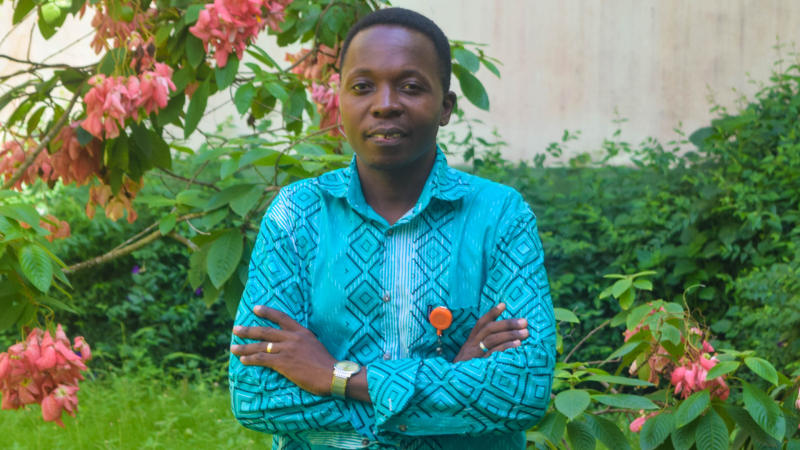
"The Sida maintenance grant was a great opportunity to replace a vital piece of equipment for my lab and the whole university," said Aïssi. "Without the distiller, our studies would be discontinued. Thanks to Sida, we can carry out experimental activities and coach students.”
The maintenance grant is a new component of the TWAS-Sida Grants Programme, which was launched for the first time in 2022. The grants support individual young researchers and research units in the 66 science-and-technology-lagging countries identified by TWAS, who work at institutes lacking the research facilities they need.
To be eligible for a maintenance grant, applicants must have already received a Sida grant in the past. Through this new kind of support, they can repair broken and unused lab instruments, and prolong the shelf life of their equipment.
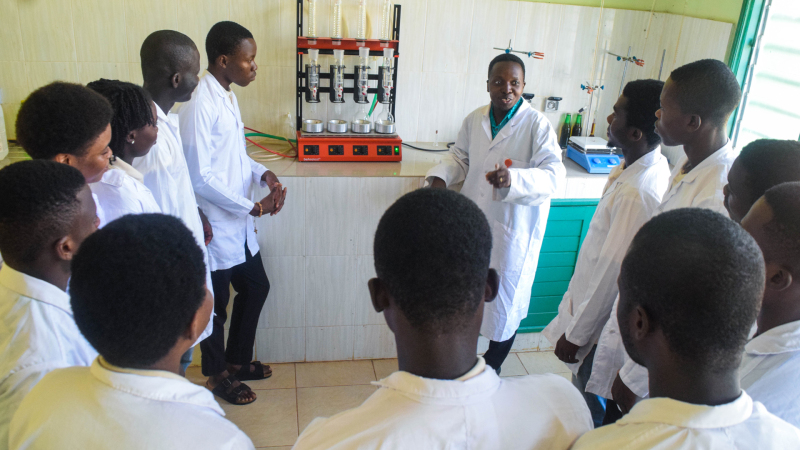
So far, 16 scientists from 10 different countries received a Sida Maintenance Grant. They are from Bangladesh, Benin, Cameroon, Congo Democratic Republic, Côte d'Ivoire, Kenya, Madagascar, Nepal, Niger, and Togo. Seven of them are Least Developed Countries.
Career-shaping grants
Aïssi is not new to grants that played a vital role in his career. In 2019, he was awarded a TWAS-Sida grant to investigate the nutritious properties of a local food dish called Olèlè.
Olèlè is made from a bean called cowpea, and it is an important source of nutrients for many people in sub-Saharan Africa. Raw cowpea, however, contains substances that prevent the absorption of nutrients, and these substances tend to remain in processed food.
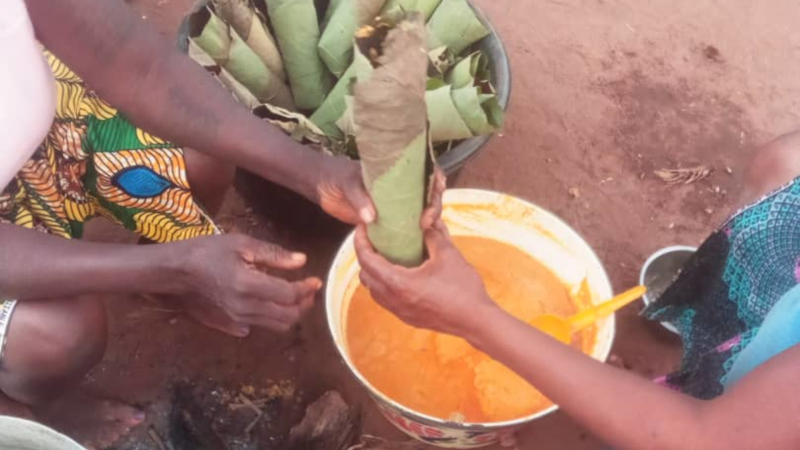
This prompted Aïssi to investigate how different traditional processing methods affect the chemical composition and nutritious components of Olèlè, aiming to improve the final quality of the dish.
The first Sida grant propelled Aïssi's research. He used the funds to purchase a water distiller and an extractor used for determining lipidic content—the various fatty molecules present in biological samples. He also bought a water distiller. These two pieces of equipment turned lipid extraction into a routine practical training lab activity for the students.
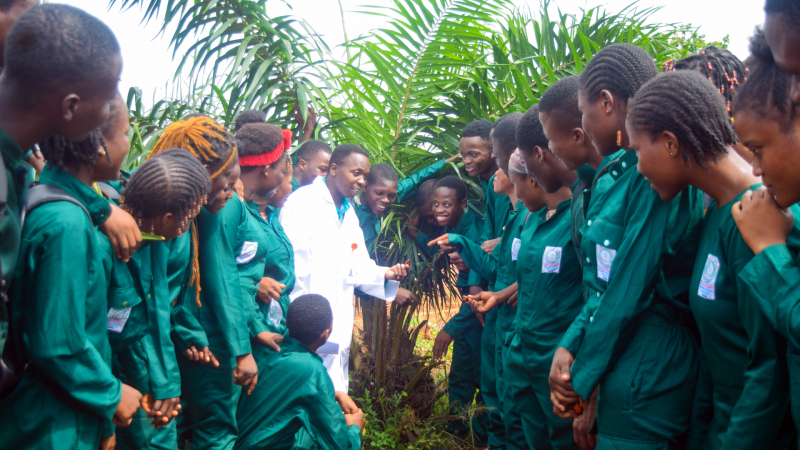
The distiller, in particular, helped his lab avoid costly and time-consuming travel to the Abomey-Calavi University in the capital city of Benin, Cotonou, where distilled water was available. Since then, Aïssi and the whole scientific community of his university in Sakete benefited from the permanent availability of an essential research tool, such as the distiller.
Aïssi also received several more benefits from being a TWAS-Sida grantee. He remotely participated in four conferences organized in Senegal, Burkina Faso, Togo, and Benin, and obtained the supervision of a PhD student who eventually graduated. Aïssi also advanced to the role of full professor of the African and Malagasy Council for Higher Education at his institute.
International publications were another outcome of the TWAS-Sida grant. Aïssi published one scientific paper in the journal Food and Environment Safety Journal, and collaborated on another paper in the journal Critical Reviews in Food Science and Nutrition.
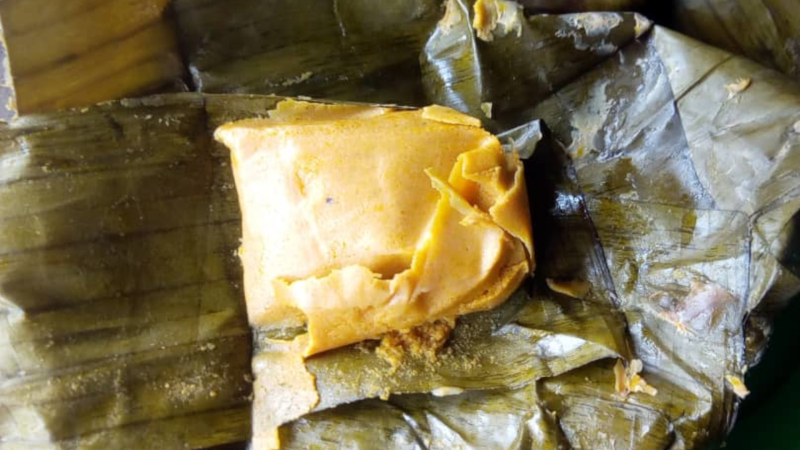
"The first Sida grant allowed me to develop organizational skills and open-mindedness, giving more visibility to my institute,” he acknowledged. It also attracted several colleagues from other institutes who asked Aïssi to collaborate. These colleagues are from the Faculty of Agricultural Sciences, University of Abomey-Calavi in Benin, the Institute of Environment and Agricultural Research in Burkina Faso, and the School of Higher Education Institute of Food and Biological Techniques, University of Lomé, in Togo.
“Allowing continuation of lab experiments, the maintenance grant gained my institute a reputation and allowed it to be selected for an important project," he added. “Now we are a reference point for investigations that are made possible thanks to the Sida equipment.”
Cristina Serra

